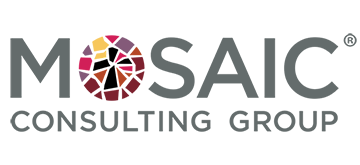Achieving Work-Life Balance: Strategies for Supporting Employees
As the lines between work and personal life blur, the quest for balance becomes increasingly elusive. At Mosaic Consulting Group, we delve into innovative strategies for supporting employees in navigating this intricate landscape. From redefining productivity to embracing flexibility, let’s explore how organizations can empower their teams to thrive in both their professional and personal domains.
Understanding Burnout and Its Implications
Burnout has emerged as a significant concern in recent years, exacerbated by global challenges such as the pandemic and economic uncertainty. Recognizing the detrimental effects of burnout on employee retention and organizational culture, leaders must take proactive steps to mitigate its impact.
Effective Strategies for Preventing Burnout
To prevent burnout, organizations must prioritize workload management and open communication channels. Leaders should reassess expectations and deadlines, acknowledging the importance of employee well-being over excessive productivity. Moreover, fostering a culture of transparency and empowerment enables employees to voice concerns and seek support when needed.
The Role of Flexibility in Work-Life Balance
Flexibility plays a crucial role in promoting work-life balance, extending beyond remote work arrangements. While remote work benefits many, other industries require alternative approaches to flexibility. By embracing diverse scheduling options and leveraging technology for communication and scheduling, organizations can accommodate employees’ needs while maintaining operational efficiency.
Cultivating a Positive Company Culture
Company culture significantly influences employees’ perceptions of work-life balance and job satisfaction. HR leaders play a pivotal role in shaping a positive culture through leading by example and setting clear expectations. Prioritizing self-care and fostering open dialogue contribute to a supportive environment where employees feel valued and engaged.
Balancing Empathy and Business Goals
Achieving work-life balance requires a delicate balance between empathy and business objectives. While empathy informs decisions regarding employee support and well-being, strategic planning ensures the sustainability of organizational operations. By aligning these priorities, HR leaders can enhance employee satisfaction and drive business success.
Supporting employees’ work-life balance is essential for fostering a healthy, sustainable workplace environment. At Mosaic Consulting Group, we advocate for strategies that prioritize employee well-being while achieving organizational goals. By implementing proactive measures and cultivating a culture of empathy and flexibility, organizations can create an inclusive and supportive workplace where employees thrive.




